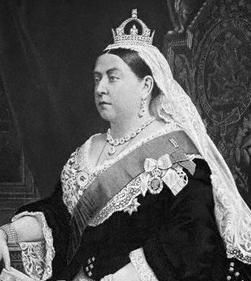夫妻之间理财观念不一致怎么办?
|
Perhaps you've heard money is a major stressor in romantic relationships. That's why it can be uncomfortable—or even strain relationships—when the woman in a heterosexual relationship makes more money. And when two people in a relationship come from diametrically opposite socioeconomic backgrounds, it raises all sorts of difficult conversations about how you should spend and earn money.
But as more women earn more and with most women working full time, even after they have children, some couples have opted out of a traditional marker of marriage: combined finances. These days, young couples—whether they are married or simply living together—are more likely to keep their finances separate, or at least partially so. Twenty years ago, when Wendy Underwood, 43, married her husband Kurtis Kolt, 44, the couple opened a credit card together. "We thought that was the sort of thing married people should do," she says. "We learned pretty quickly that we both had very different approaches to money. I was brought up to believe you do without everything to be able to pay off debt. My approach to that credit card was, I'll have beans on toast for a week to make sure I pay off that balance at the end of the month." Her husband's outlook was more "casual"—he would make a payment but didn't feel compelled to pay the full amount. That card wasn't in use for long. "If we had kept that credit card and added all our finances together, I honestly don't think we would still be married," Underwood says. "We just saw very quickly that it was a big source of tension for us." It didn't help that at the time, they were both young—in their early twenties—and still learning how to manage their personal finances. So they created a new account solely to hold money for joint expenses like mortgage payments and utilities. The couple tracks those expenses alone in a spreadsheet. ("The secret to a healthy marriage is spreadsheets," Underwood quips.) But with the exception of those big-ticket items, they keep their money separate. Underwood is quick to note that for her, maintaining separate finances is "not a substitute for being transparent" when it comes to finances. "I can honestly say I've never hidden a purchase from my husband, unless it was a gift for him," she says. "I'm not someone who has gone out and blown $600 on a pair of shoes and then hid them in the back of the wardrobe." One reason the arrangement has worked for Underwood and her husband is because they value the same things, from travel to gourmet food. It's a function of personalities and circumstances, too: Underwood and her husband are both fiercely independent and don't have children. "I think I work really hard for my money, and I don't want someone else telling me, 'You should reconsider spending on this thing,'" she says. "I don't want someone having that much control over my money." It also helps that they are both self-employed and have similar incomes. "I actually do think it would be harder if Kurtis was earning a lot more money than me," she says. "Then we would have to adjust our approach ... but I do think we would still keep our money separate and just come up with a workaround that works for both of us." |









